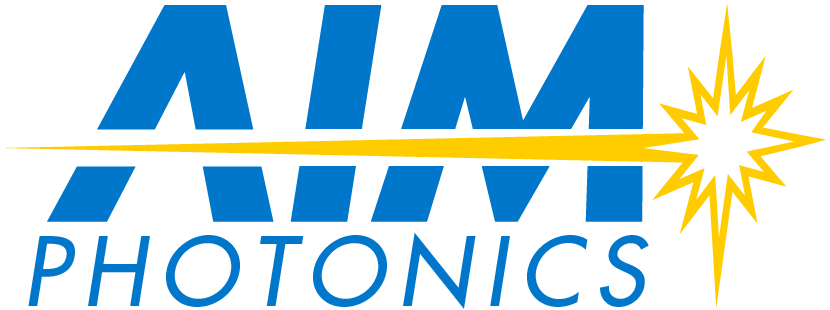About LEAP
LEAP Mission Statement
Education and Training: Establish and promote an open environment for ongoing education and hands-on training to enhance the regional technical workforce with the skills needed to support and grow the emerging photonic integrated circuit ecosystem and related fields.
Research Collaboration: Provide subject matter expertise and research collaboration opportunities in photonic areas related to:
- Photonic integrated circuit (PIC) testing and characterization
- Nanoscale and microscale prototyping development
- Optical and electrical device characterization
- Fiber-chip interfacing
- Terahertz sensing
- Fiber optics
- Non-invasive optical metrology for reliability testing
Prototyping: Establish and promote an open environment for internal and external clients from industry, academia, and government sectors to create and test prototypes that utilize photonic integrated circuit technologies essential for manufacturing advancement in areas related to:
- Chemical and biological sensors
- Medical devices
- 5G and 6G wireless datacom
Feature Faculty
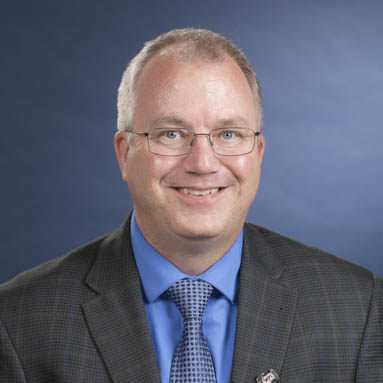
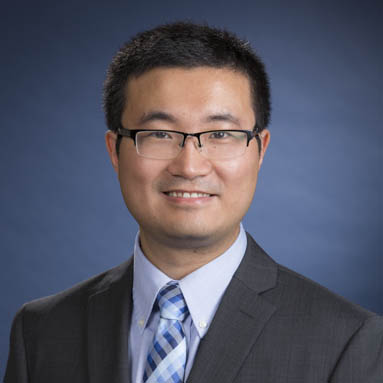
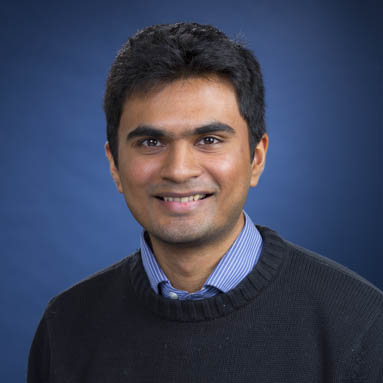
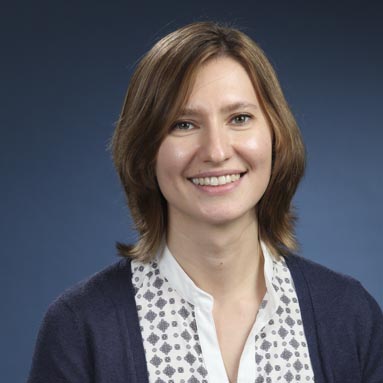
Integrated Photonics: The Next Frontier
Photonics involves the transmission and processing of information using light (photons) instead of electricity (electrons). Photonic devices are often faster, use less power, and can be made at smaller scales than electronic ones. This creates opportunities to develop new and better sensors, imaging technologies, medical diagnostics, and more.
While photonics is already applied widely in communications, computing, healthcare, and other industries, the field has the potential to usher in a new era in the Information Age. LEAP @ WPI/QCC looks forward to the helping make next big breakthrough by providing infrastructure and expertise to enable internal and external users to explore materials, components, and systems that can interface with integrated photonics.
Accelerating Innovation on the Corridor
The I-90 corridor, which connects Albany to Boston, is becoming a conduit that ties together elements of a vibrant integrated photonics education, research, and development ecosystem. LEAP @ WPI/QCC represents the Central Massachusetts section of the corridor
LEAP @ WPI/QCC is focused on strengthening regional partnerships with business, colleges and universities, and government entities to support research, development, education, and workforce development.
Bringing Innovations to Life
The LEAP@WPI/QCC facility is equipped with state-of-the art tools for the realization, design, characterization testing, and reliability testing of photonic integrated circuits (PICs) and devices. The toolsets will complement various facilities in the AIM Photonics ecosystem including: AIM Summer Academy, LEAP@MIT, LEAP@BSU/SC the Test Assembly and Packaging (TAP) Facility in Rochester, NY and the AIM Photonics Foundry in Albany, NY.
Researchers in multiple disciplines at WPI and QCC, in collaboration with several strategic partners, will use these facilities to design and test prototypes of PICs and systems that emerge from interdisciplinary research in such areas as health and biotechnology, advanced manufacturing, and robotics and cyberphysical systems.
Building a Skilled Workforce
LEAP @ WPI/QCC will collaborate on the development of programs, curricula, and training materials in partnership with industry, educators, and other education and practice sites in order to prepare a technologically competent workforce ready to help their employers succeed in the advanced manufacturing sector.
Educational programs will engage students at all levels—from K-12 outreach activities, to community college training programs, to graduate education—with an emphasis on giving tomorrow’s innovators and leaders access to the most advanced equipment and exposing them to ideas and challenges at the cutting edge of the integrated photonics field.
